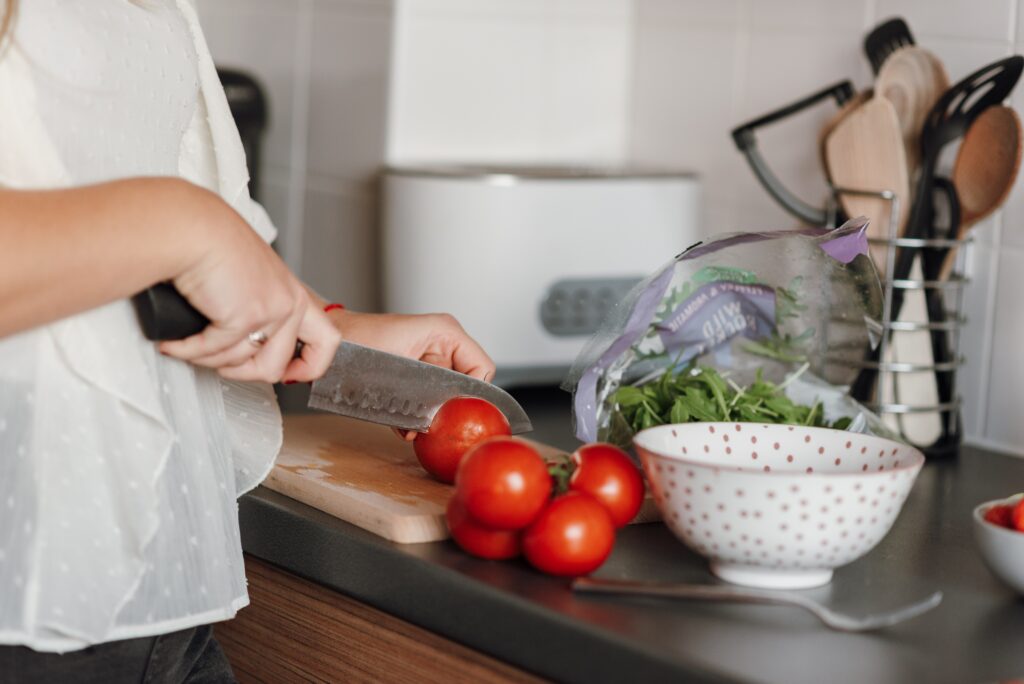I haven’t had any white sugar in over a year. People tend to respond with shock and/or disbelief, and will say things like, “I couldn’t do that,” or “Wow. You really have willpower,” or “That’s amazing!” The long and short of it is that sugar makes me feel really bad. I wish it didn’t. I wish I could indulge occasionally and have it be okay, but time after time my body shows me that it’s just not for me. I even have to limit the alternatives that I am able to tolerate: coconut sugar, agave, honey, and very occasional maple syrup. If I feel a rush or have a crash, I know it was too much.
I have a slew of chronic health issues, most stemming from a mild traumatic brain injury I sustained a decade ago, and I have had to learn through trial and error what works for me and what doesn’t. When I started researching to try and gain an understanding of what was happening to me, I learned that inflammation was likely at the root of most of it.
This article from Nature explains:
“Although intermittent increases in inflammation are critical for survival during physical injury and infection, recent research has revealed that certain social, environmental and lifestyle factors can promote systemic chronic inflammation (SCI) that can, in turn, lead to several diseases that collectively represent the leading causes of disability and mortality worldwide, such as cardiovascular disease, cancer, diabetes mellitus, chronic kidney disease, non-alcoholic fatty liver disease and autoimmune and neurodegenerative disorders. In the present Perspective we describe the multi-level mechanisms underlying SCI and several risk factors that promote this health-damaging phenotype, including infections, physical inactivity, poor diet, environmental and industrial toxicants and psychological stress.”
It was really fascinating to learn about, because as I moved out of the acute injury phase, one way that I described what was happening was that I felt stuck in fight or flight, and also, “It’s like my whole body went haywire.” Super technical terms, I know, but as it turns out, my whole body really DID go haywire.
Early on I figured out that gluten was very inflammatory for me, and eliminating it from my diet had a huge positive impact. I also discovered which foods were causing allergic reactions and eliminated those as well. A lot of the experts say that dairy is inflammatory for everyone. I have found that organic, full fat dairy in moderation is okay for me. However, I can’t tolerate soy. Every body is different! Even though at the time I didn’t have this excellent advice from Dr. Mark Hyman, this is essentially what I did:
1. Eat a whole food, high fiber, plant-based diet which is inherently anti-inflammatory.
2. Eat healthy fats from olive oil, nuts, avocados and omega 3 fats from small fish like sardines, herring, sable, and wild salmon.
3. Exercise.
4. Learn to actively relax to engage your vagus nerve, the powerful nerve that relaxes your whole body and lowers inflammation, by doing yoga, meditation, deep breathing or even taking a hot bath.
5. If you have food allergies, find out what they are and stop eating them.
6. Take probiotics (“good bacteria”) daily to help your digestion to improve the healthy bacteria in your gut which reduces inflammation.
7. Take a multi-vitamin and mineral supplement which helps reduce inflammation.
The holidays are a difficult time for needing to be on a specialized diet, whether that’s due to allergies, inflammation, preference, or other reasons. Over the years after letting go of the foods that are inflammatory for me, I’ve had to learn how to adapt. That often means I’m making and bringing my own food to gatherings, but over time I’ve gotten used to it, and I really have fun experimenting with making new versions of well-loved treats. I’ve had success creating an alternative recipe for my favorite ginger molasses cookies, and my next experiment is going to be homemade eggnog, as that is something that I definitely miss this time of year.
What works for me is not going to work for everyone. Health is a very individual experience. However, if you are dealing with chronic health issues, taking a close look at diet, limiting or eliminating inflammatory foods, and optimizing your nutrition as you’re able can really help overall health. From there you can adapt traditions or create new ones!
Learn more about anti-inflammatory foods from Harvard Health.
In addition to diet changes, having access to our detoxifying and vagus nerve activating modalities (particularly NeurOptimal® and the infrared sauna) here at the Denver Recovery Lounge has also been key for me in attaining an anti-inflammatory lifestyle. I continue to see improvements and feel better and better each day!


